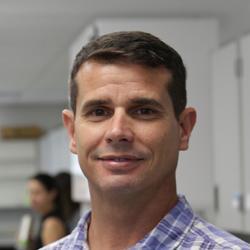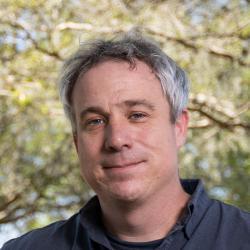Restoration & Conservation Horticulture
Ecotourism in Florida has a $7.8 billion yearly impact on the state's economy. The areal extent of Florida's unique ecosystems has been reduced by approximately 57%. Habitat has been converted to residential, agricultural, and commercial use; remaining habitat has been fragmented, hydrologically altered, fire-suppressed, and overrun by invasive plants. Our Plant Restoration and Conservation Consortium programs are addressing this challenge by developing strategies for invasive species management, reinstatement of natural disturbance regimes, and active revegetation of habitats with native species. Ex-situ conservation approaches, including seed storage, plant propagation (i.e. tissue culture, vegetative and sexual propagation) and genetic diversity characterization, are developed for critical native species. In addition to practical applications, the program makes considerable contributions to advances in basic science including the fields of conservation genetics, restoration ecology, and plant physiology (over 41 peer-reviewed publications and more than $2 million grant dollars generated in the last three years) and education (over 15 peer-reviewed teaching publications in the last three years).
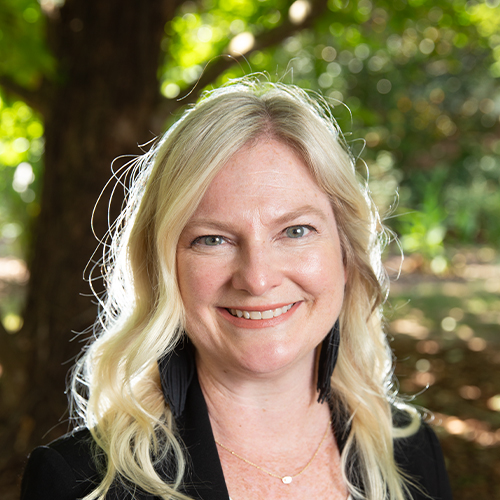
Carrie Adams
Associate Professor
Restoration Ecology
(352) 273-4502
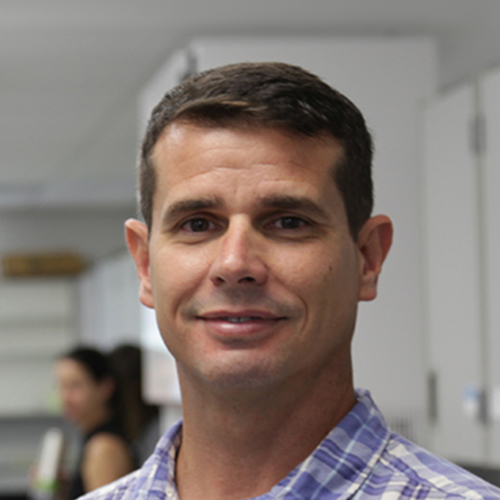
Hector Pérez
Professor
Seed Biology, Conservation
(352) 273-4503
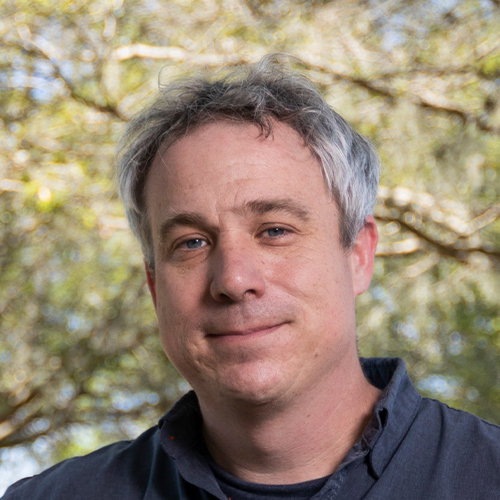
Andrew Koeser
Associate Professor
Landscape Management
(813) 633-4150
Dr. Carrie Adams
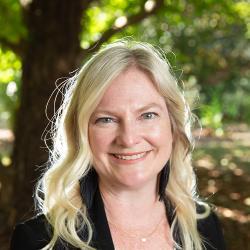
(352) 273-4502
rein0050@ufl.edu
621 NE 5th St
PO Box 110670
Gainesville, FL 32601-0675
Our research focuses on plant ecology and restoration of ecosystem structure and function, including the establishment of native plant communities and invasive plant management. Our work takes place in wetlands and aquatic habitats, terrestrial ecosystems and cultural landscapes such as roadsides.

